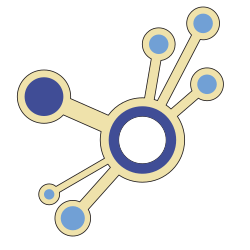Straight Arrow News
A major outage hit Microsoft’s Azure cloud service Wednesday, impacting email and other Office 365 apps used by companies and governments worldwide. A post from the company said users may experience “latencies, timeouts and errors.”

